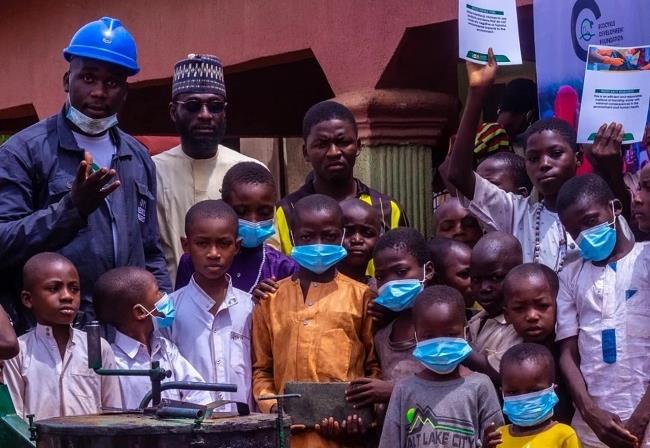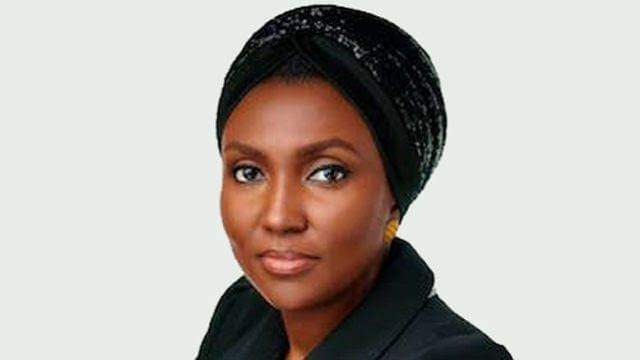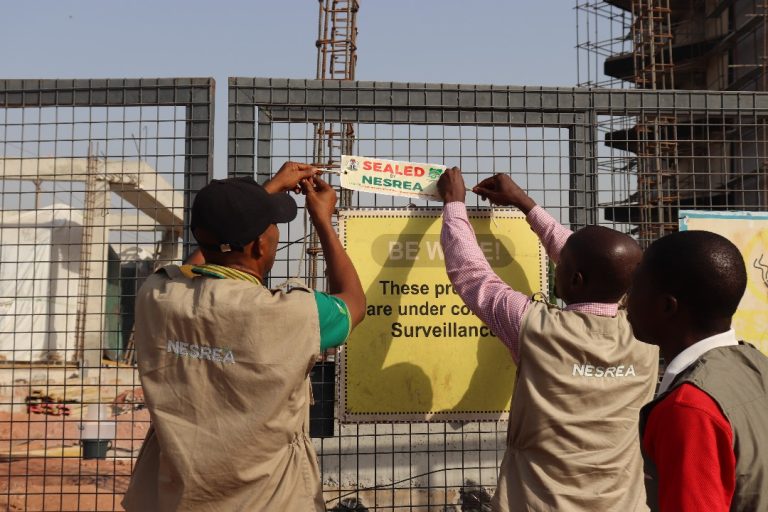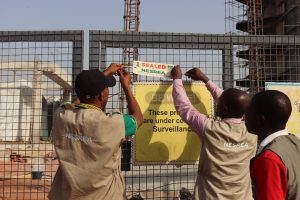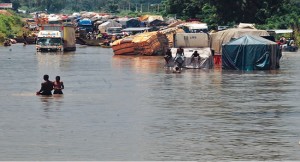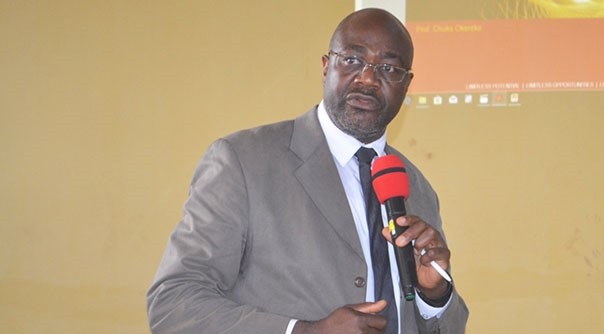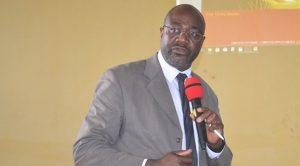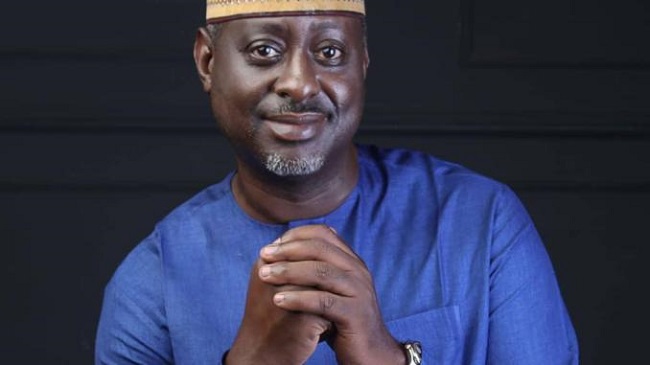To help young people understand the importance of effective waste management in accelerating economic growth and sustainable living, the Ecocykle Development Foundation (EDF) has trained over 150 out-of-school children on how to use plastic waste to make eco-bricks.
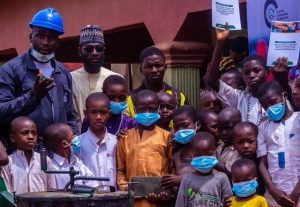
The non-profit organisation carried out this exercise as part of its Education and Recycle in Slums Initiative to inspire behavioural change among young people and provide real-life solutions to create a zero-waste and pollution-free society.
Aliyu Sadiq, EDF’s executive director, explained that, in addition to the aforementioned, the project strives to bridge the gap between local innovation and global knowledge.
Speaking at the capacity-building exercise his organisation organised at Gwani Atiku Tsangaya, Dadin Kowa, Lafia Local Government Area (LGA) in Nasarawa State, Sadiq expressed confidence that the beneficiaries, who are between the ages of 10 and 20, would use their newly acquired knowledge to decrease unemployment and provide the necessary solution in the waste industry.
“Our expectations,” he said, “are for the project to harness the creativity of these young teenagers into developing sustainable solutions that can directly reduce waste pollution in communities, create green jobs, and reduce the poverty rate in Nigeria.”
But to live up to these prospects, in the view of the environmental rights campaigner, the government, however, needs to revitalise the numerous abandoned recycling facilities that are currently dormant around the country.
He went on to say that this is important because, if successful, these facilities will serve as hubs for training and education, addressing issues related to environmental preservation and furthering Nigeria’s goal of green economic development.
In keeping with this belief, the proponent of the circular economy stated that his establishment intends to train more than 1,000 youth in sustainability skills to improve waste management in the country.
Peace Kpaka, a community volunteer in charge of the OYA Recycle initiative in Lafia, the capital of Nassarawa State, sees this intervention as an opportunity to provide rural residents – particularly the less fortunate – with the information they need to spearhead the promotion of sustainable growth.
He noted that the event was extremely interactive, with the beneficiaries asking crucial questions that demonstrated the depth of their creative thinking abilities to solve problems using the appropriate information, knowledge, and skills.
Lauritta Boniface, director of programmes and co-founder of EDF, who witnessed the training, expressed satisfaction with the project’s impact on the participants.
According to her, more than 400 people have been trained in three communities under the OYA Recycle project, and she is overwhelmed by the programme’s impact on those who have been trained so far.
In appreciation, the attendees expressed gratitude to EDF for its vision of organising and enlightening marginalised communities about the advantages of appropriate trash management.
Muhammad Sharifudeen, Mallam Atiku Sangaya’s coordinator, urges the government to think outside the box when it comes to developing initiatives and policies that encourage young people to acquire skills to create jobs and foster environmental safeguards.
By Etta Michael Bisong, Abuja

